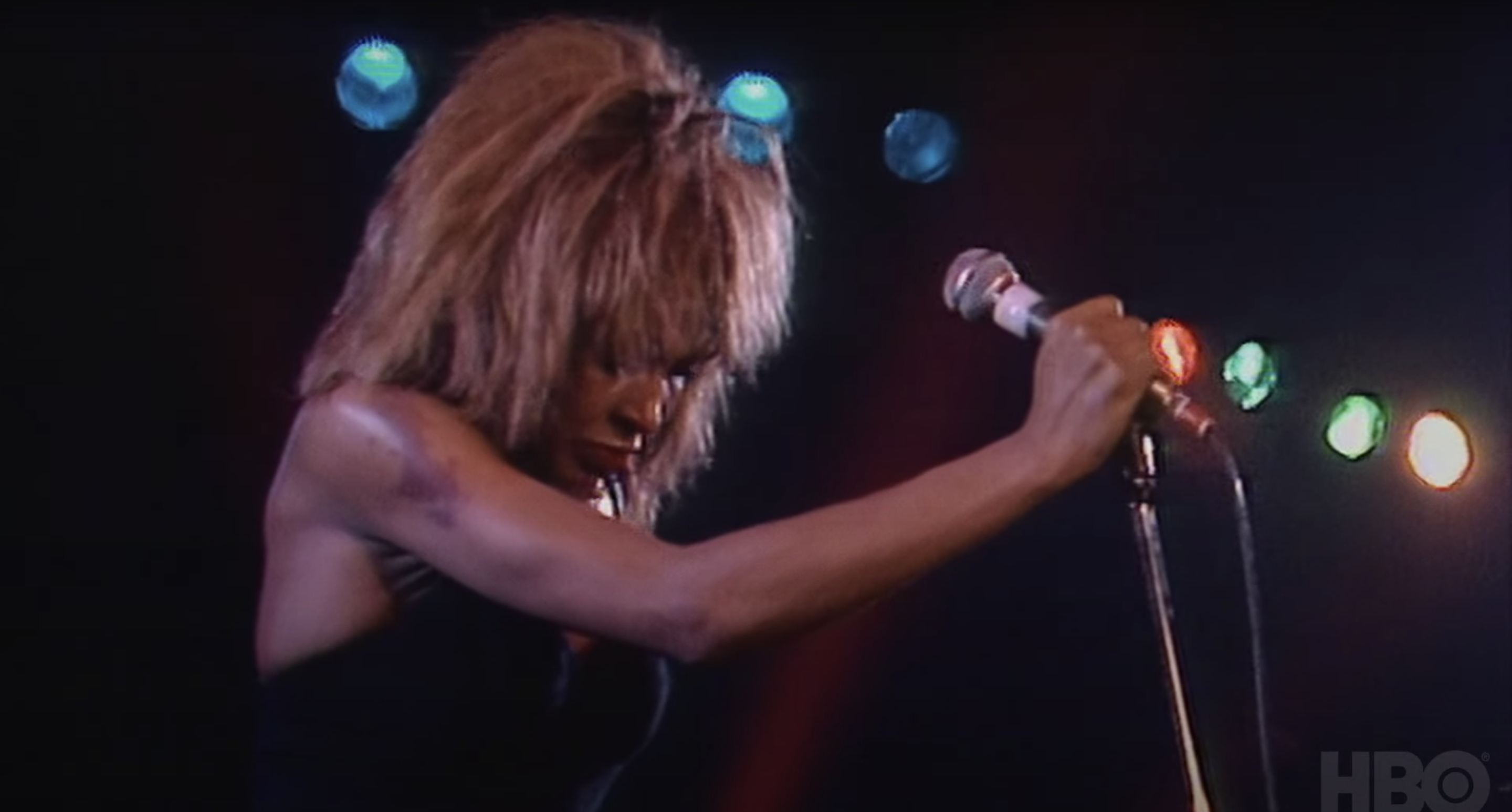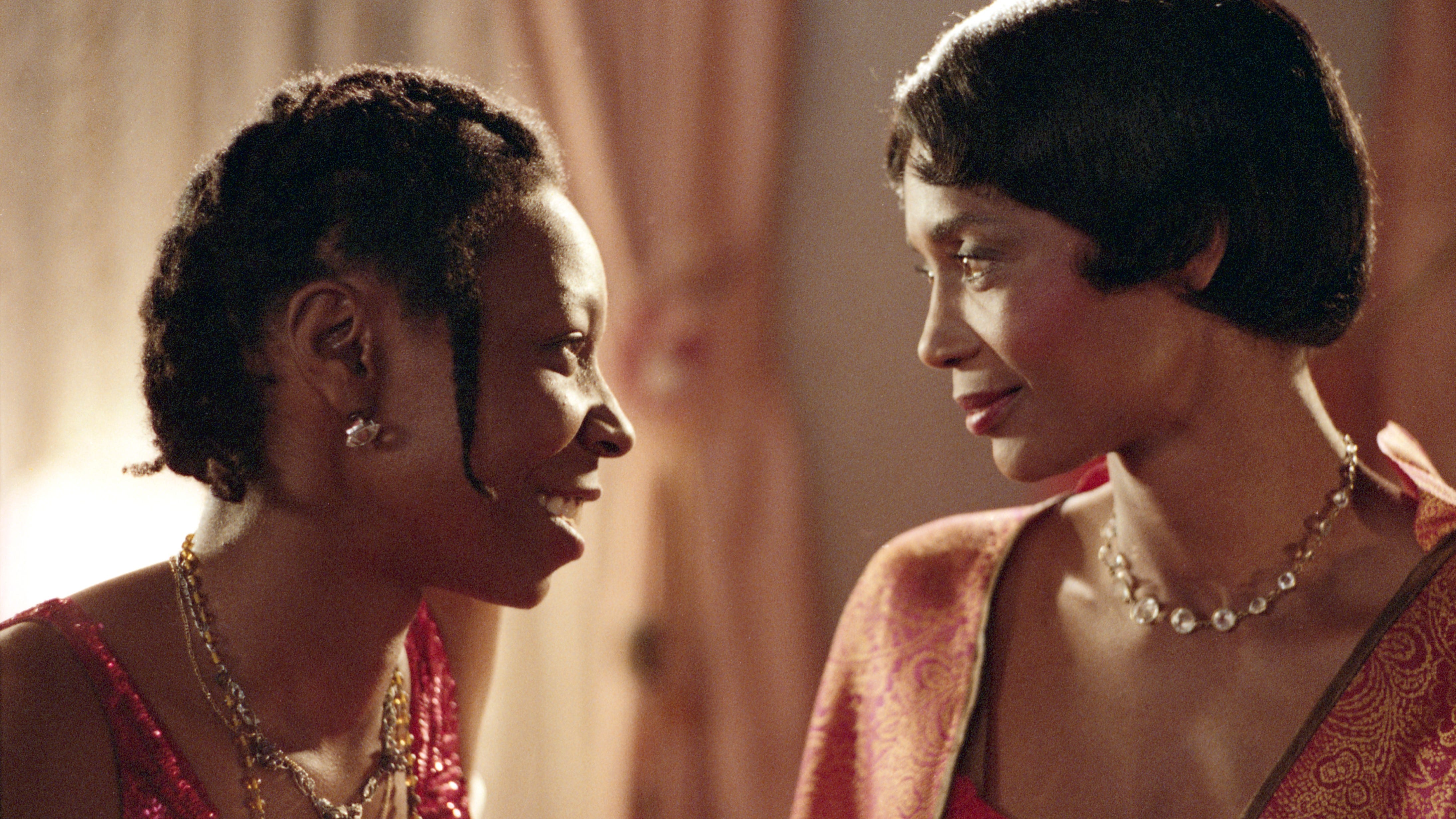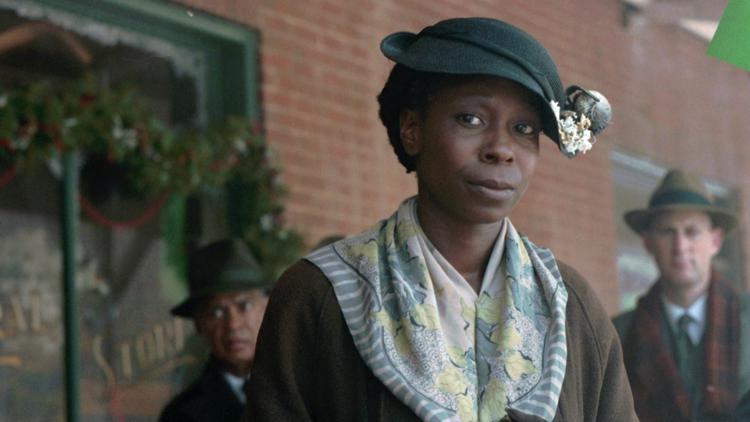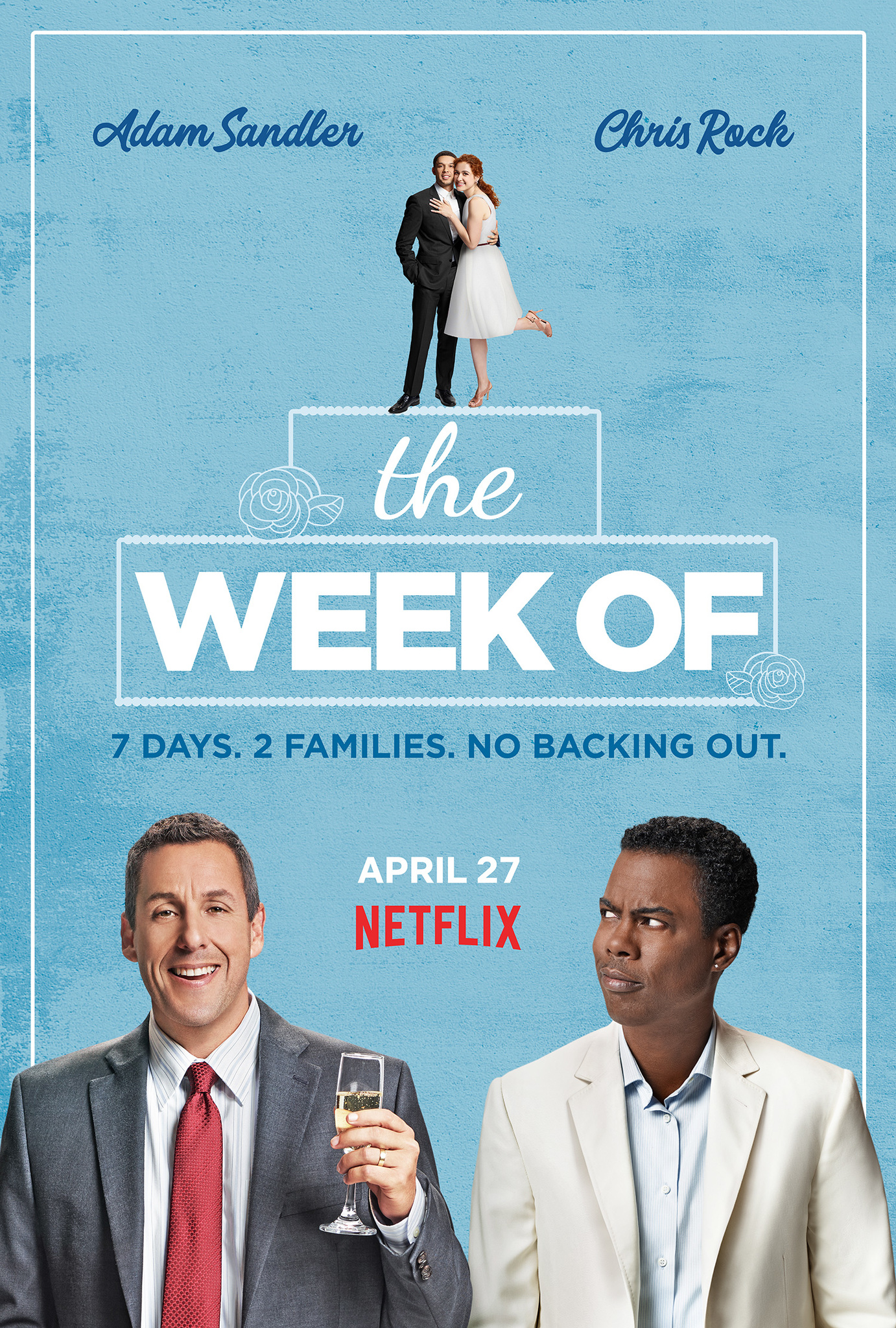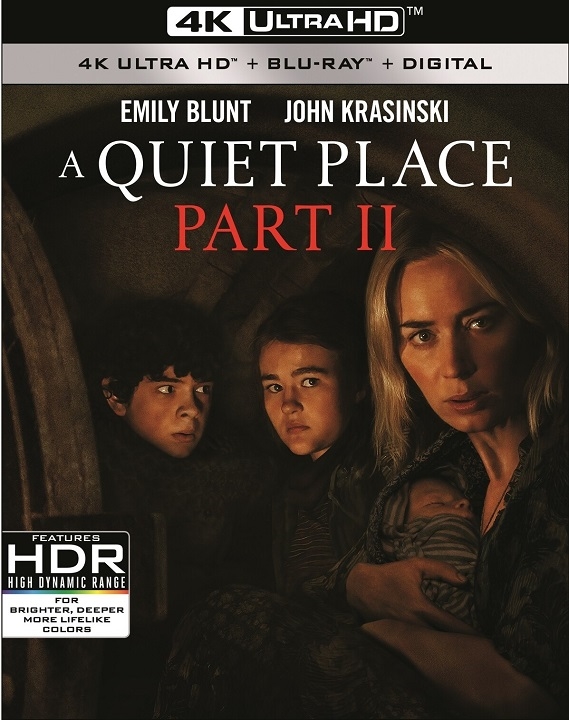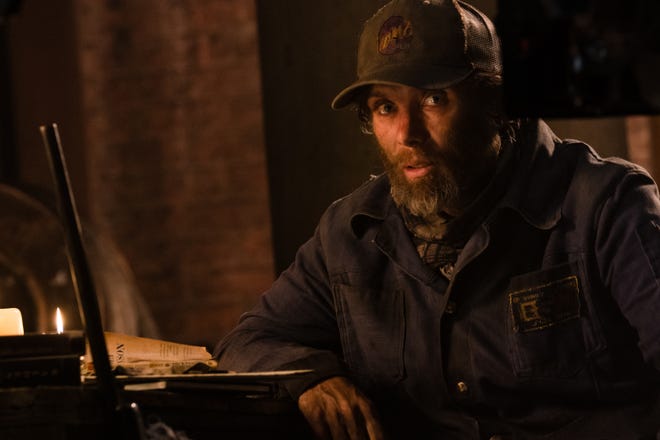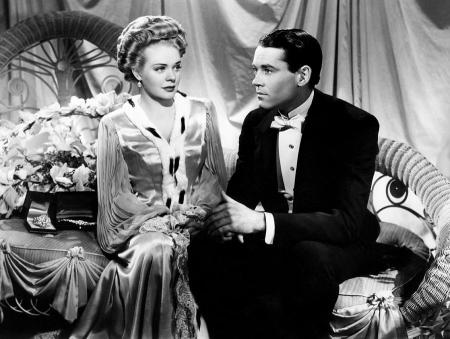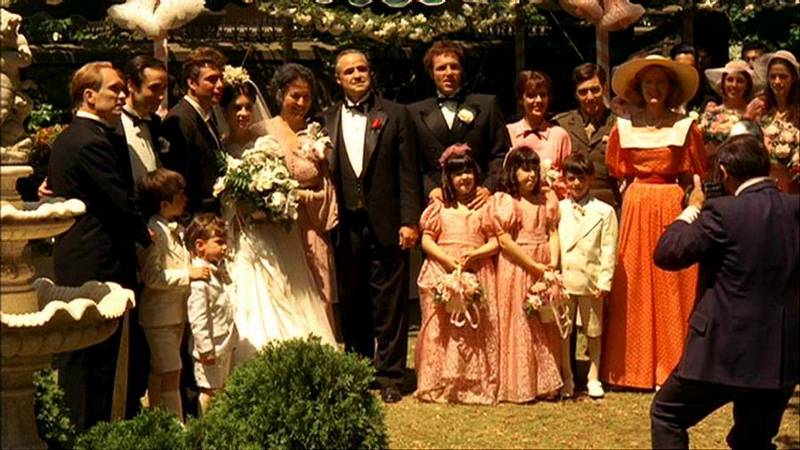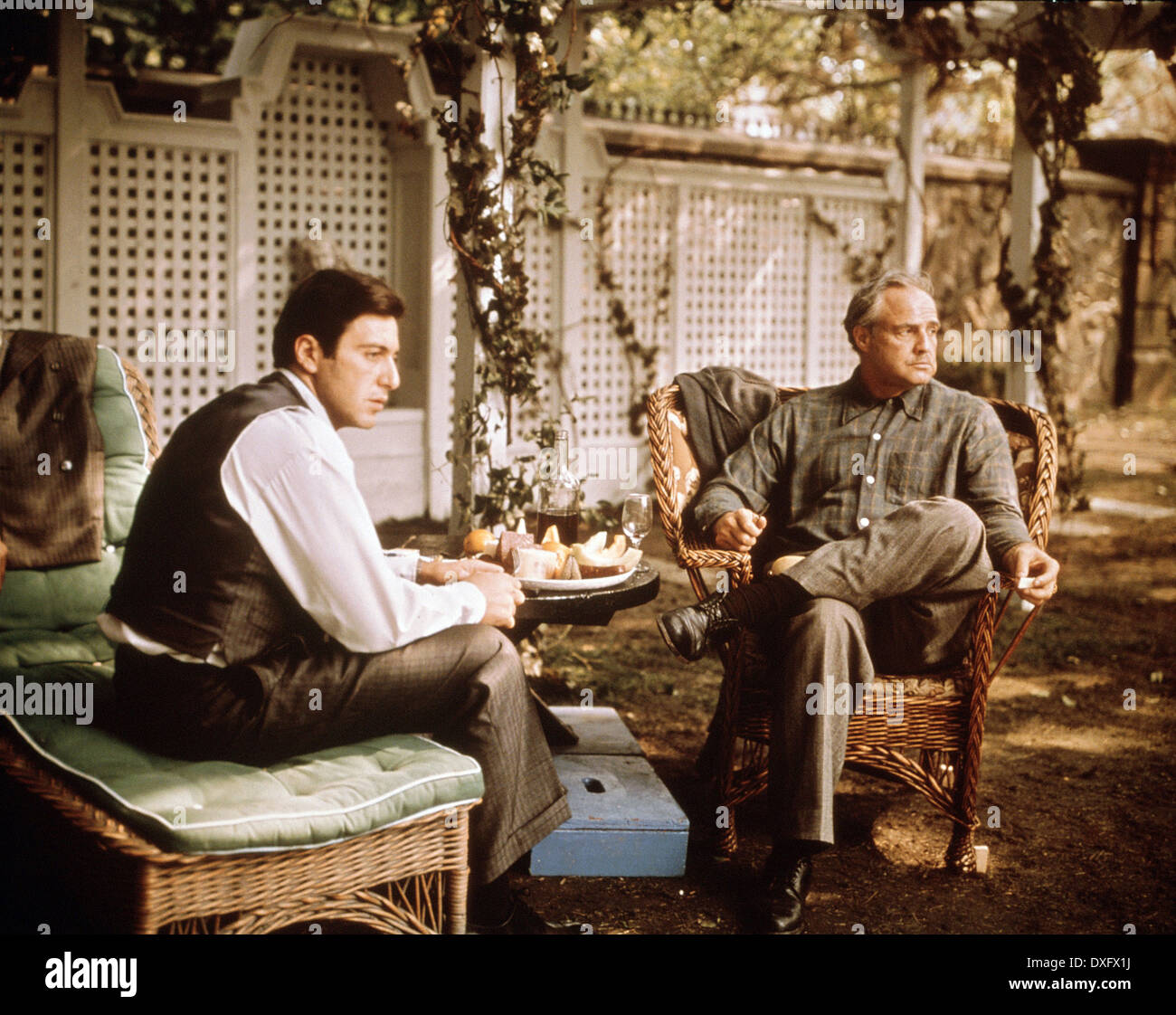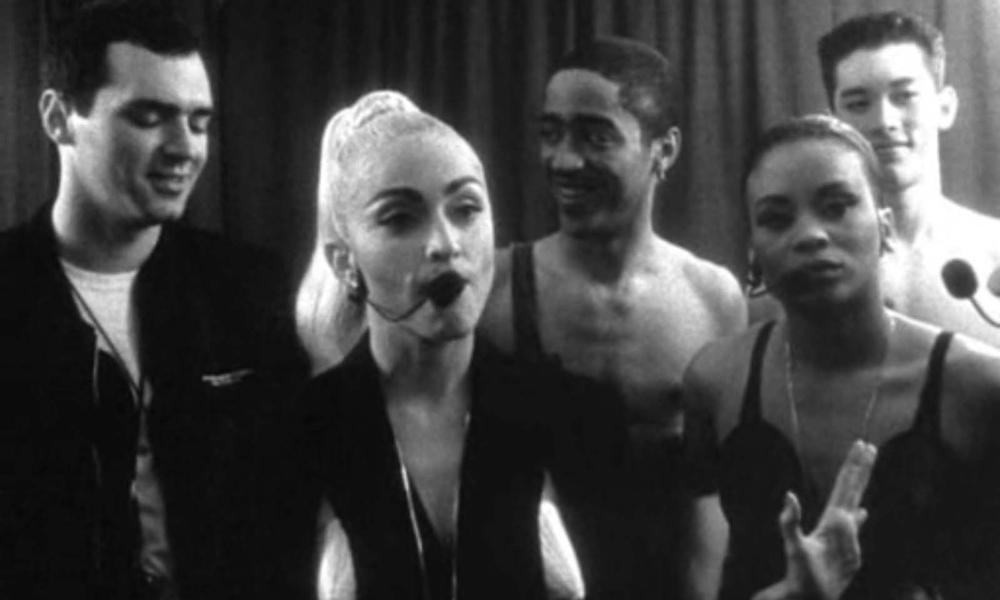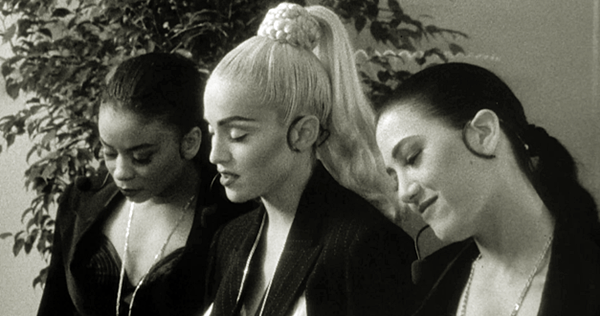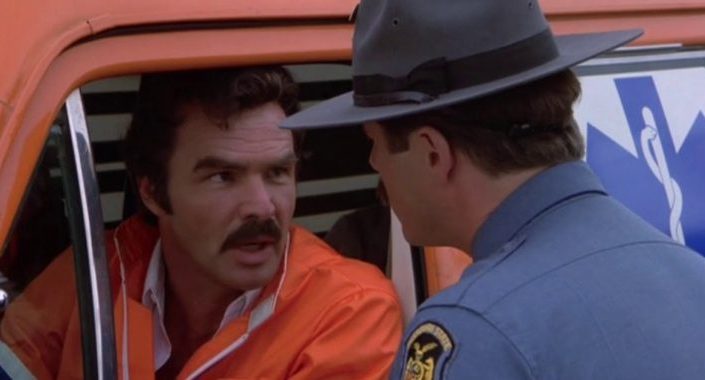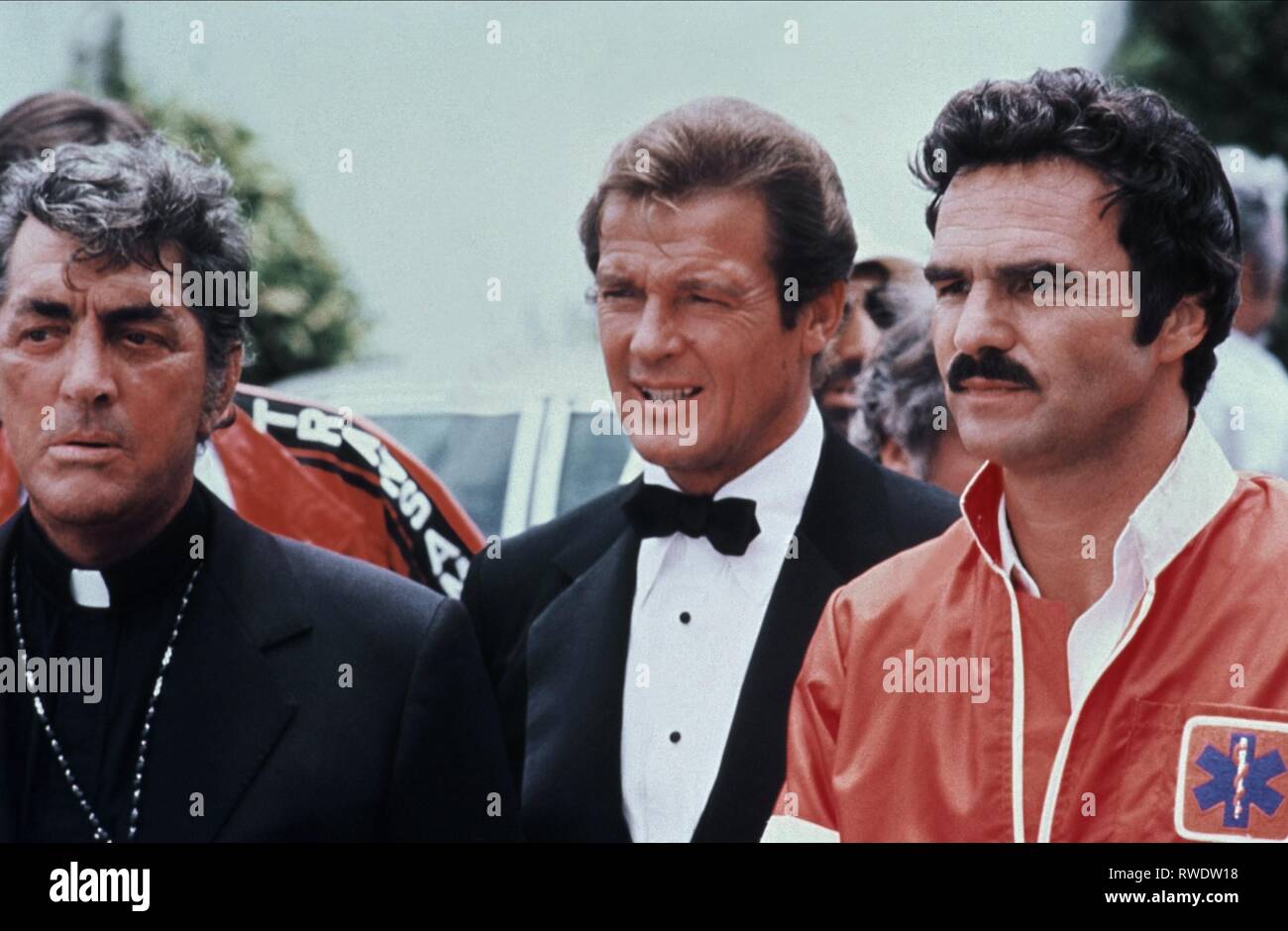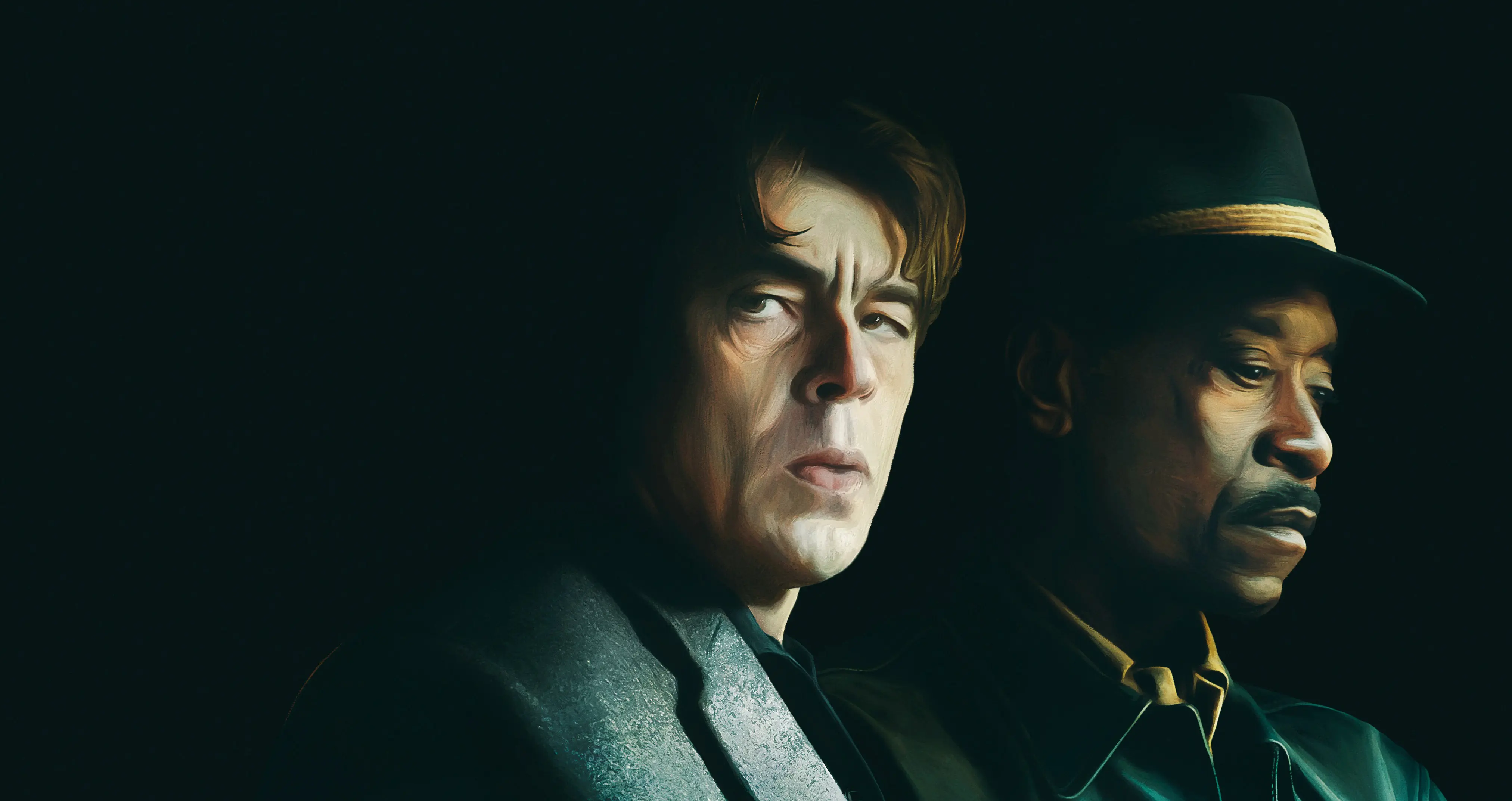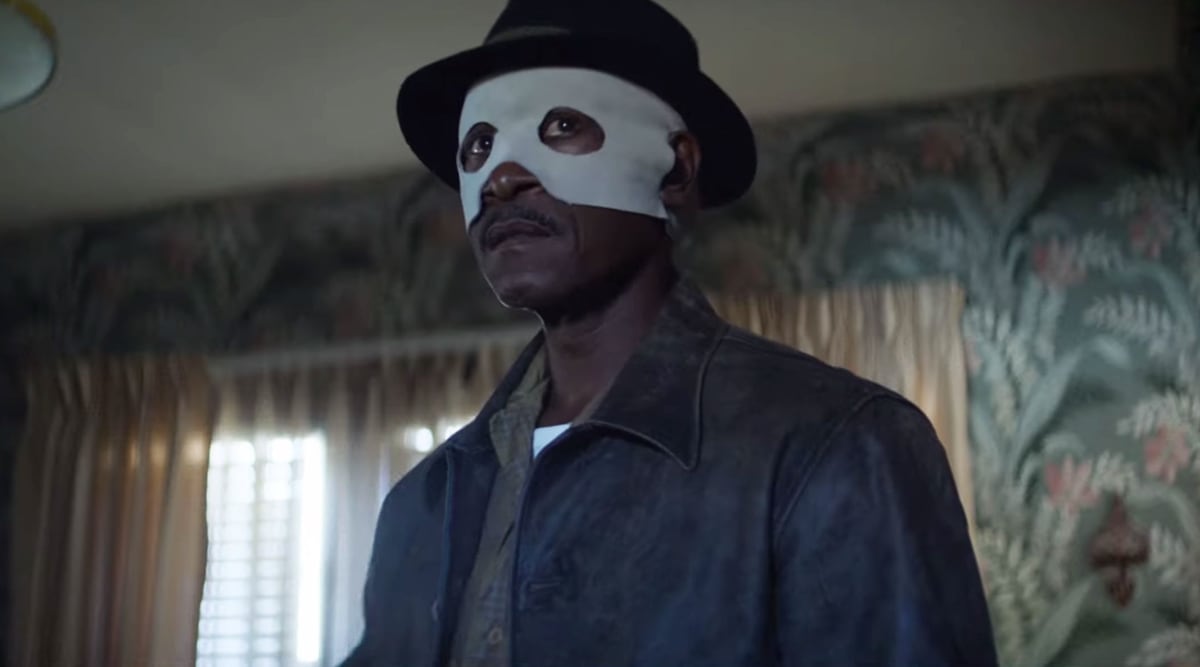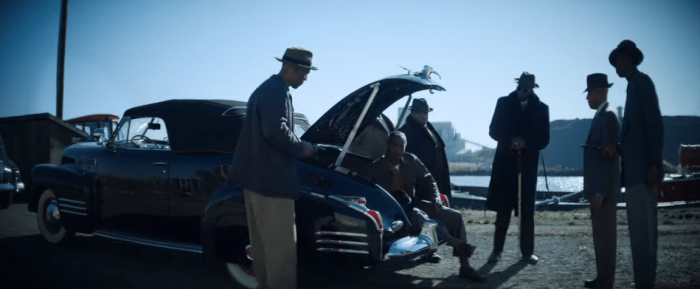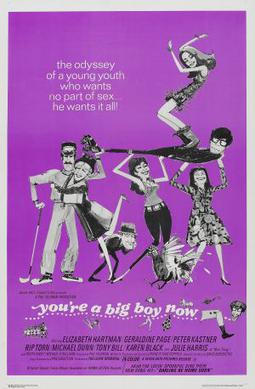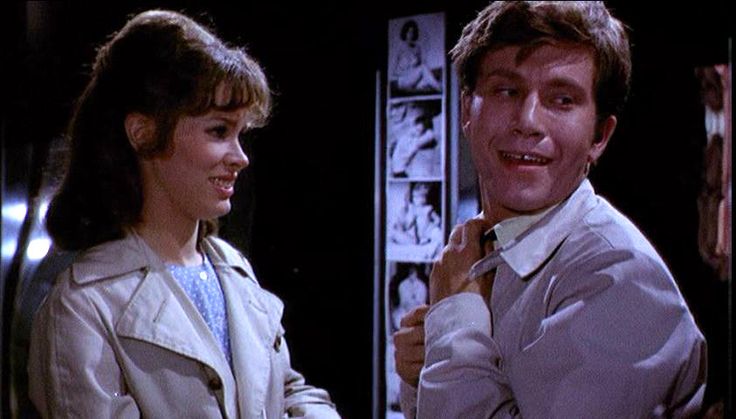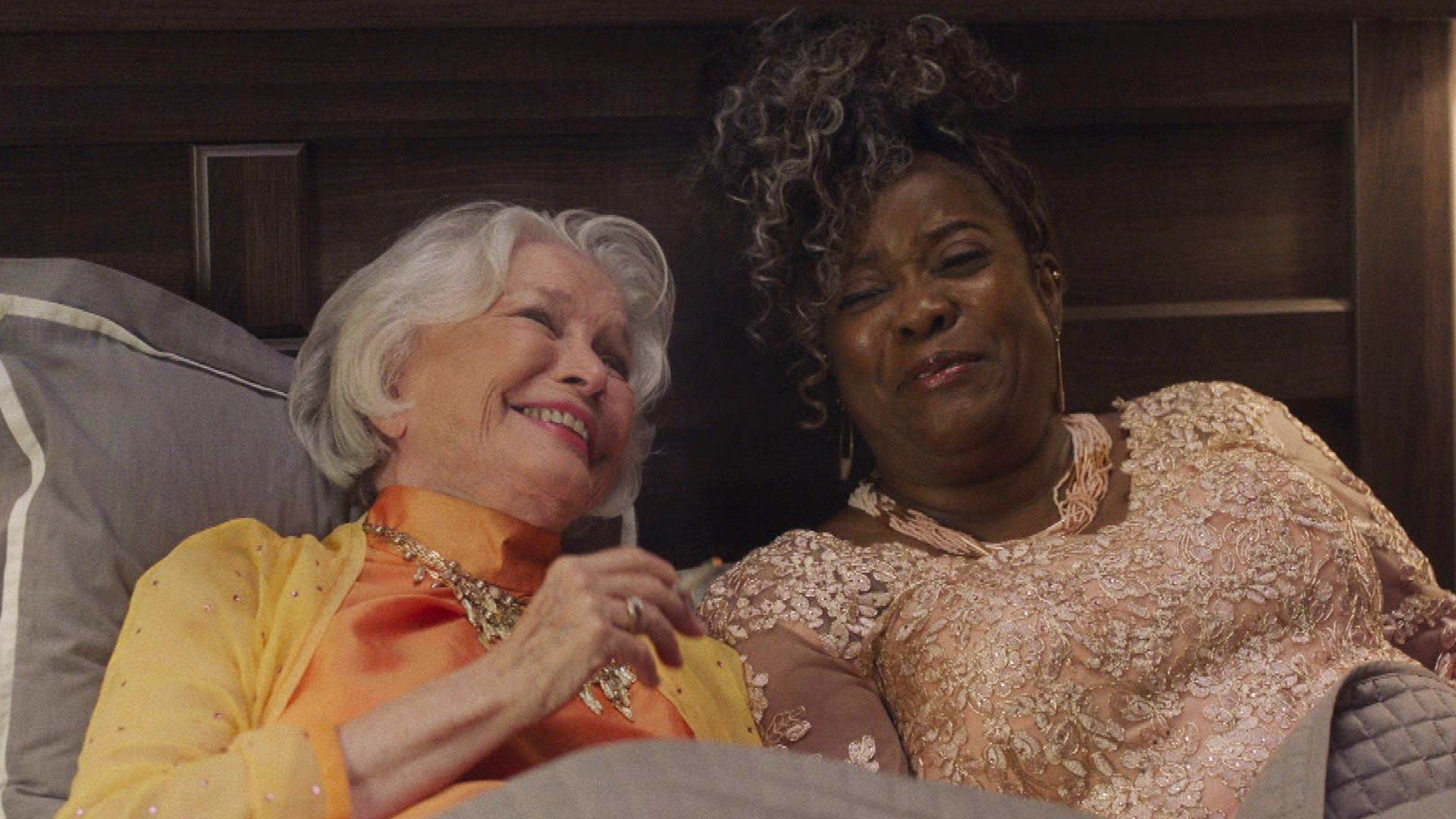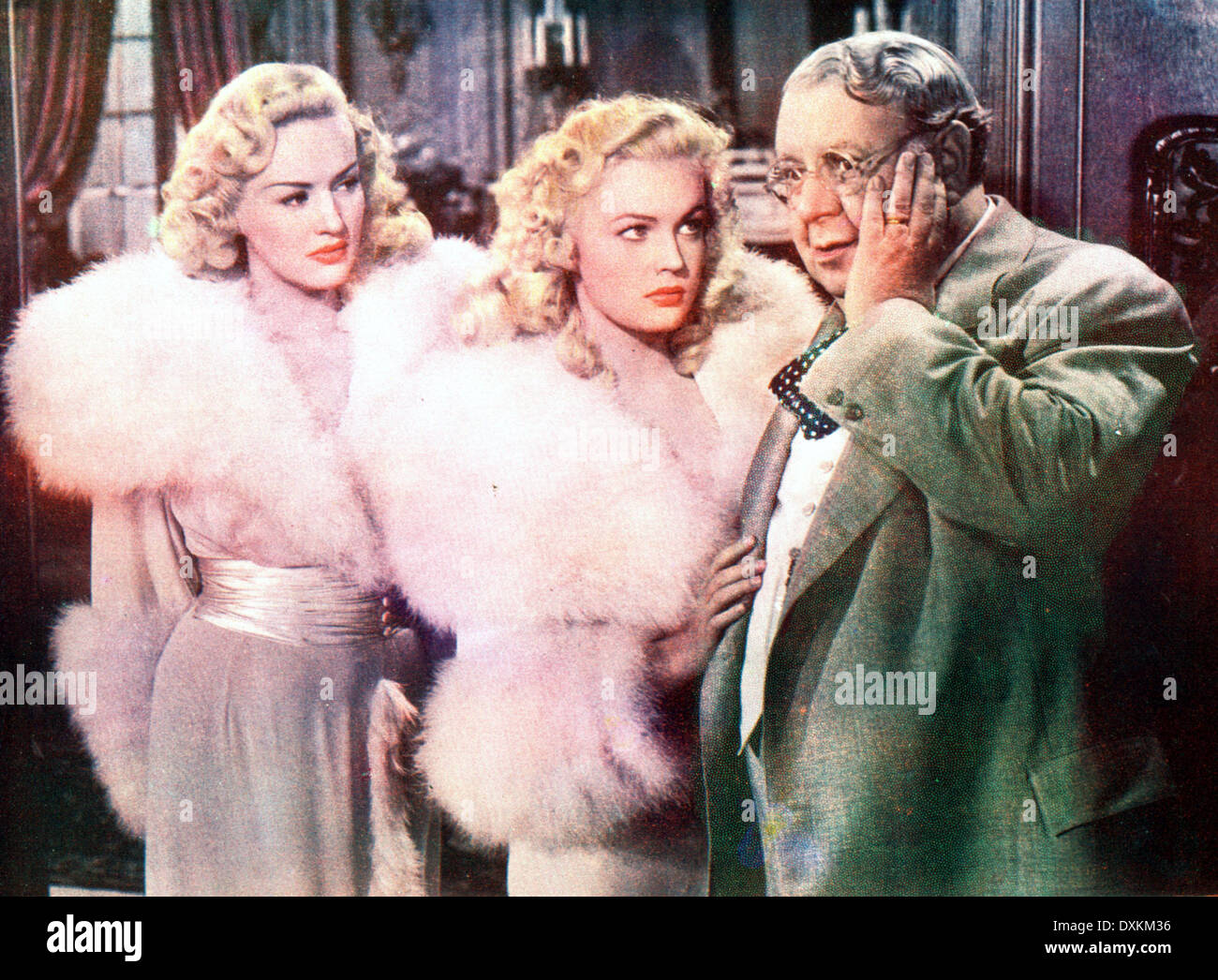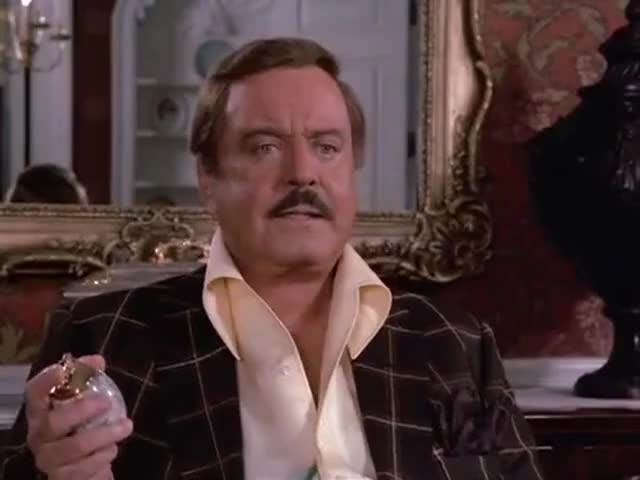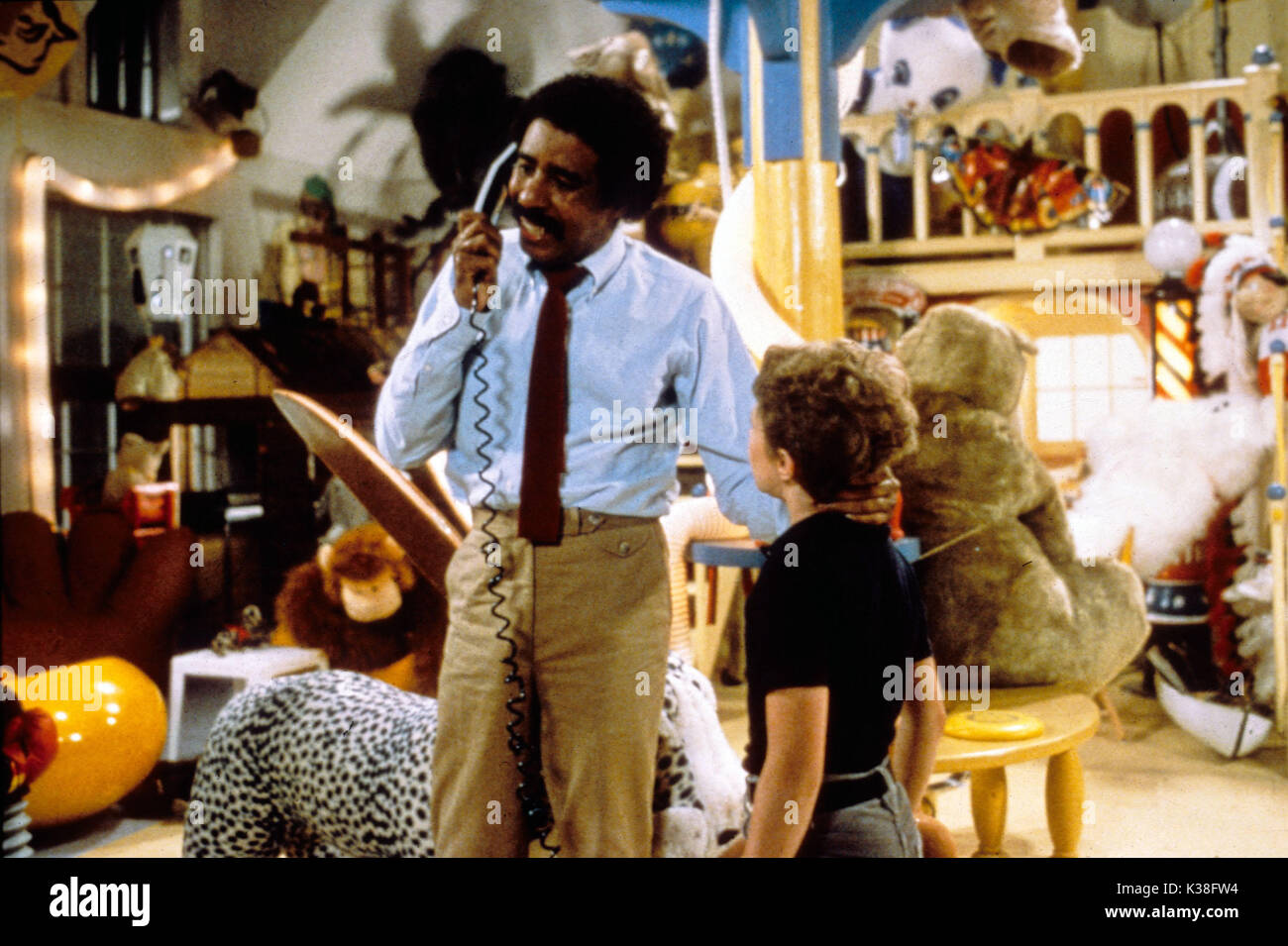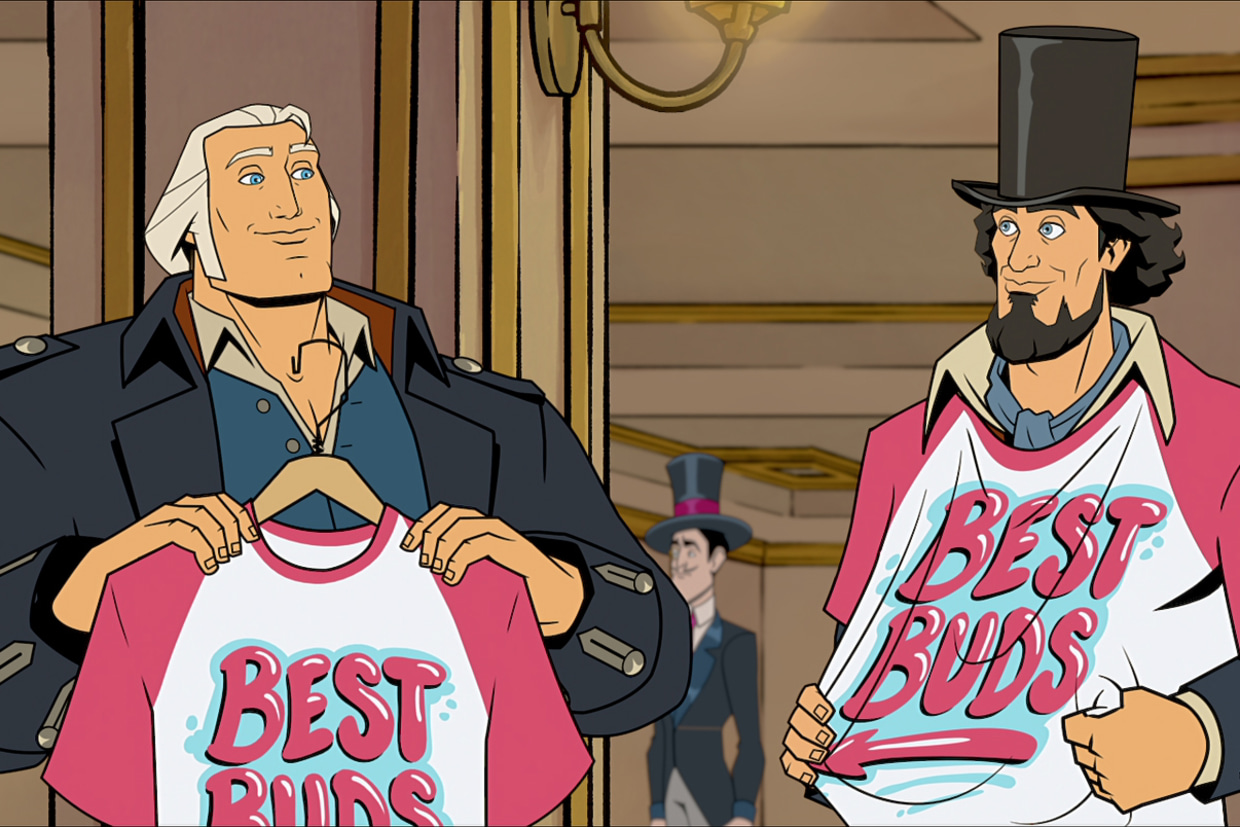On an Island with You
The MGM dream factory had one of its lesser offerings with 1948's On an Island With You, a pleasant, if unremarkable musical offering that will only appeal to hardcore musical fans.

The film stars Peter Lawford as a Navy pilot who is selected to be the technical advisor for a movie filming in the South Pacific titled "On an Island with You" Lawford is thrown for a loop when he learns the film stars Rosalind Rennolds (Esther Williams).
Lawford's Larry Kingsley met Rennolds several years ago when he joined her onstage during a USO tour and has never forgotten her. He is determined to dance with her, despite the fact that she is engaged to her co-star Ricardo Montez (Ricardo Montalban).

When a scene in the movie requires Rosalind to get on a plane and be flown off, Larry is the chosen as the pilot and decides to seize the opportunity by flying her to another island where they get stranded overnight, causing major problems for Larry and Roz. Meanwhile another co-star in the film, Yvonne (Cyd Charisse) sets her cap on Ricardo.

The screenwriters definitely deserve a little credit for the spark of originality involved in this "movie within a movie", though it is a little lazy in its legitimizing reasons to keep MGM's Aqua Queen in the water. Other than taking bets on how the story is going to get Esther in the water, the film offers one of the most predictable plots ever and we see where it's going in, but now that I think about it, was there any MGM musical where this wasn't the case?

The majority of the humor in the film is left to the iconic Jimmy Durante, who is also given three musical numbers. Montalban and Charisse turn out to be a competent dance team, once on a nightclub dance floor and later in an elaborate ballet that reminded me of "Slaughter on Tenth Avenue" in Words and Music. Charisse also headlines a massive Pagan production number and Williams' final water ballet is spectacular as always.
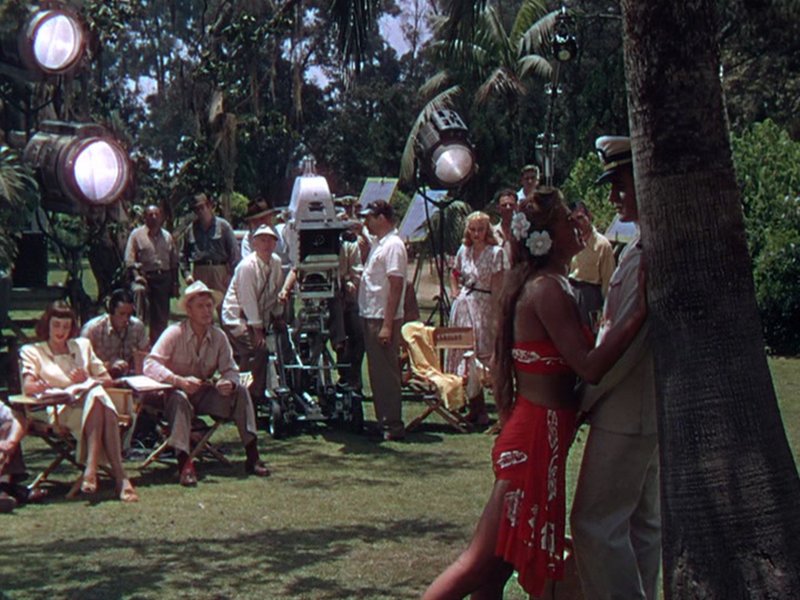
Peter Lawford makes a charming leading man, but rarely has Williams been more annoying whenever she got out of the water and spoke, but it was early in her career. I also found her makeup very distracting in this movie. I guess they wanted to remind us that she was in the South Pacific and that she was tan, but there are several shots in the film where she looks like she's in black face. This film also offered my first peek at a young actress named Kathryn Beaumont, who would make cinema history a couple of years later when she provided the voice for title character in the 1951 Disney classic Alice in Wonderland. We've seen better from MGM, but Durante and Charisse make it worth a look.
The MGM dream factory had one of its lesser offerings with 1948's On an Island With You, a pleasant, if unremarkable musical offering that will only appeal to hardcore musical fans.

The film stars Peter Lawford as a Navy pilot who is selected to be the technical advisor for a movie filming in the South Pacific titled "On an Island with You" Lawford is thrown for a loop when he learns the film stars Rosalind Rennolds (Esther Williams).
Lawford's Larry Kingsley met Rennolds several years ago when he joined her onstage during a USO tour and has never forgotten her. He is determined to dance with her, despite the fact that she is engaged to her co-star Ricardo Montez (Ricardo Montalban).

When a scene in the movie requires Rosalind to get on a plane and be flown off, Larry is the chosen as the pilot and decides to seize the opportunity by flying her to another island where they get stranded overnight, causing major problems for Larry and Roz. Meanwhile another co-star in the film, Yvonne (Cyd Charisse) sets her cap on Ricardo.

The screenwriters definitely deserve a little credit for the spark of originality involved in this "movie within a movie", though it is a little lazy in its legitimizing reasons to keep MGM's Aqua Queen in the water. Other than taking bets on how the story is going to get Esther in the water, the film offers one of the most predictable plots ever and we see where it's going in, but now that I think about it, was there any MGM musical where this wasn't the case?

The majority of the humor in the film is left to the iconic Jimmy Durante, who is also given three musical numbers. Montalban and Charisse turn out to be a competent dance team, once on a nightclub dance floor and later in an elaborate ballet that reminded me of "Slaughter on Tenth Avenue" in Words and Music. Charisse also headlines a massive Pagan production number and Williams' final water ballet is spectacular as always.

Peter Lawford makes a charming leading man, but rarely has Williams been more annoying whenever she got out of the water and spoke, but it was early in her career. I also found her makeup very distracting in this movie. I guess they wanted to remind us that she was in the South Pacific and that she was tan, but there are several shots in the film where she looks like she's in black face. This film also offered my first peek at a young actress named Kathryn Beaumont, who would make cinema history a couple of years later when she provided the voice for title character in the 1951 Disney classic Alice in Wonderland. We've seen better from MGM, but Durante and Charisse make it worth a look.
Last edited by Gideon58; 06-21-24 at 02:05 PM.




